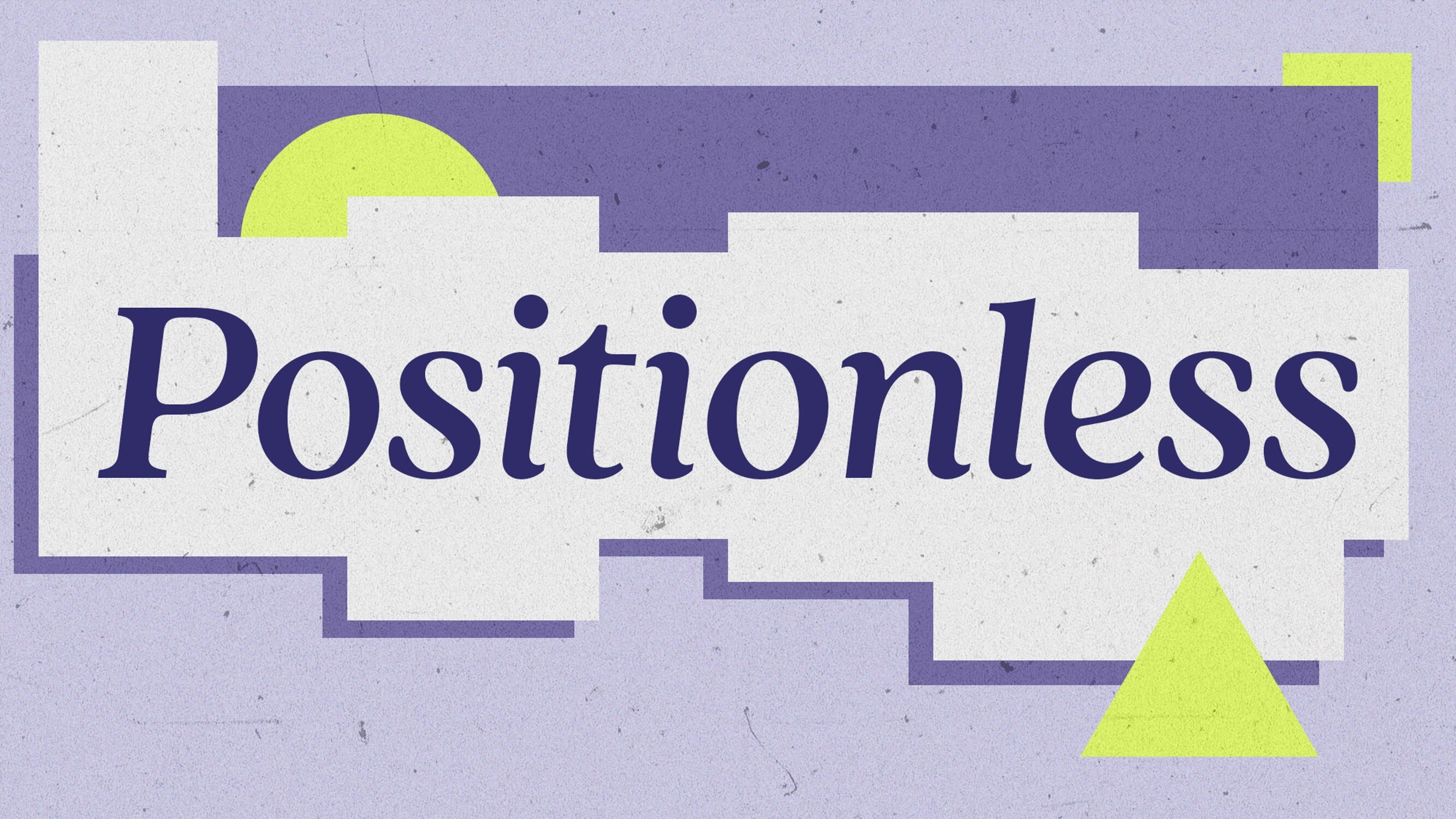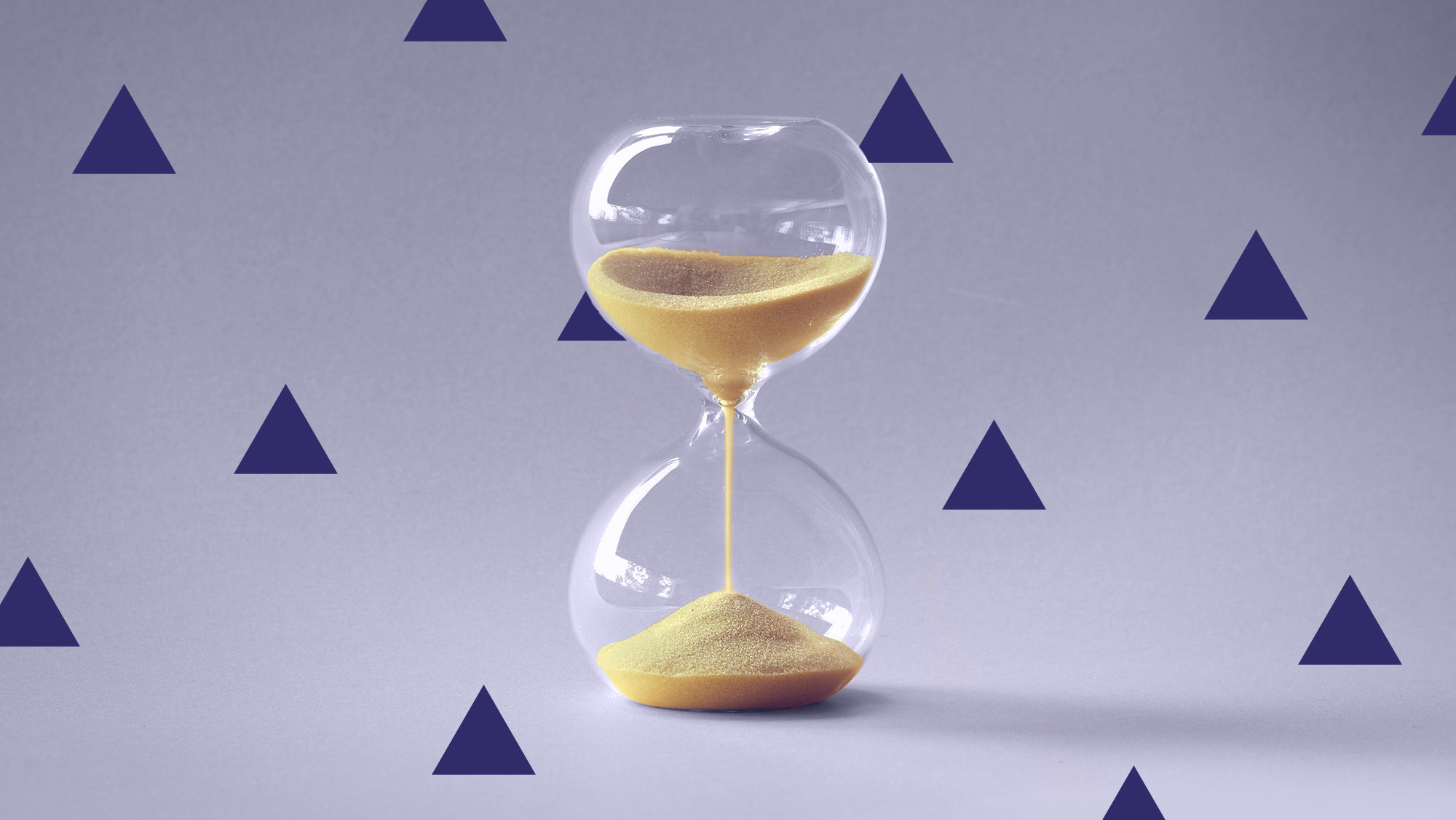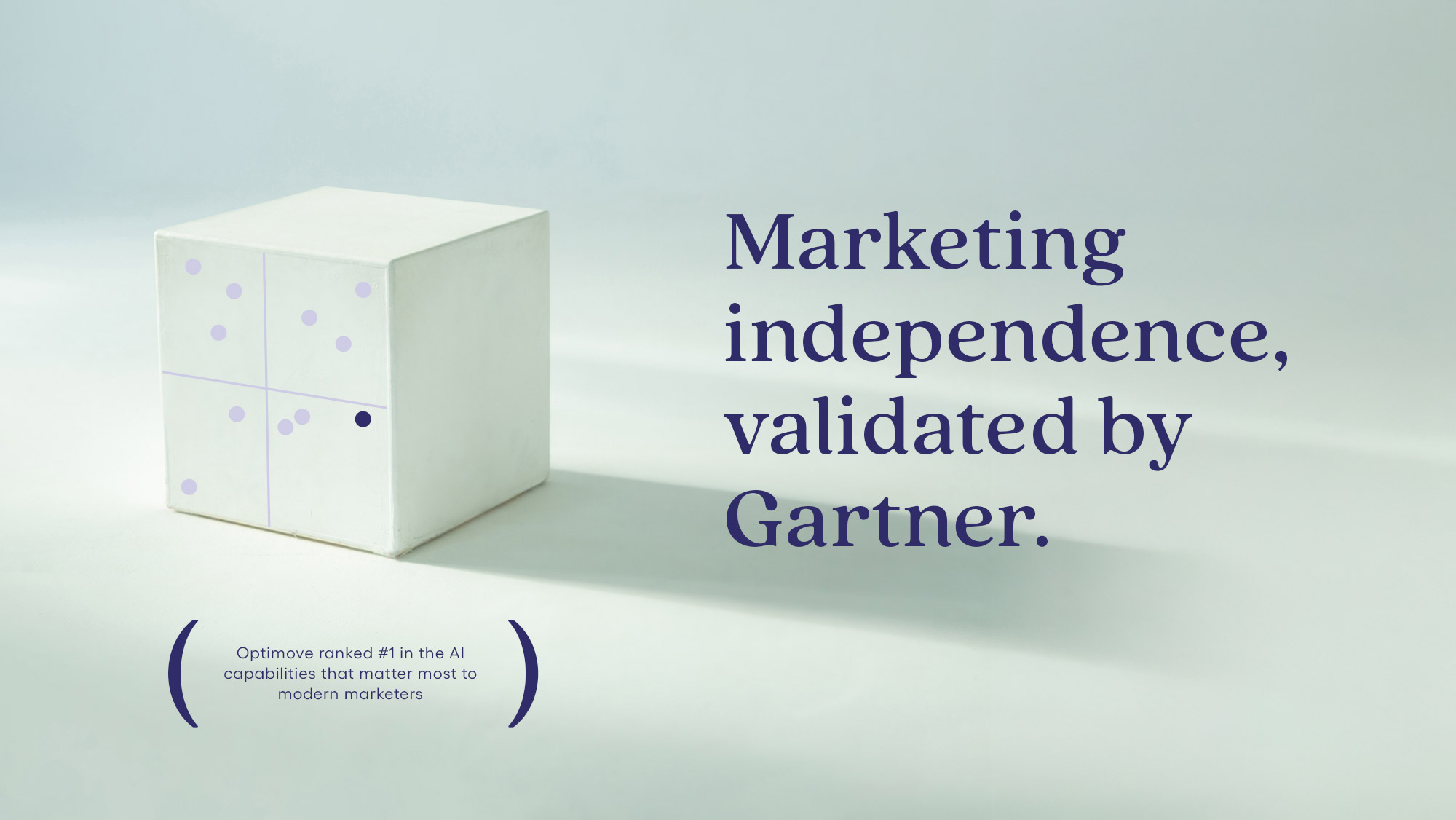
AI and the Retail Marketer’s Future
How AI transforms strategy and processes, driving the adoption of Positionless Marketing
Optimove Connect 2026: Join us in London on March 11–12 to master Positionless Marketing
Exclusive Forrester Report on AI in Marketing

Nikolas Badminton, a renowned futurist and consultant, will be the keynote speaker at Optimove Connect 2025. With expertise in emerging technologies, he has a front-row seat to the shifts shaping marketing today and in the coming decade.
In this conversation, Nikolas shares his thoughts on machine learning, spatial computing, and how marketers can stay ahead in an ever-evolving landscape.
Nikolas Badminton:
Machine learning is becoming the foundation of modern marketing, embedding intelligence into every step of the process. What excites me most is how it allows marketers to move from reactive to proactive strategies. Instead of guessing what works, machine learning helps brands predict trends, fine-tune campaigns in real-time, and personalize interactions at an incredible scale.
One of the biggest impacts is in personalization. Brands can now analyze customer behavior at an unprecedented level, delivering messages, offers, and experiences tailored to individual preferences. It’s also transforming how campaigns are managed. Marketers can use machine learning to adjust campaigns in real-time based on consumer behavior, making their efforts more relevant and impactful. Beyond that, predictive analytics helps businesses identify trends before they happen, automate repetitive tasks, and focus more on creativity and innovation.
At this point, machine learning isn’t just a nice-to-have—it’s essential for staying competitive in a data-driven world.
Nikolas Badminton:
Spatial computing, including augmented and virtual reality, will completely change how consumers interact with brands. It’s all about blending the digital and physical worlds. Imagine being able to try on clothes virtually, walk through a digital showroom, or attend an immersive event powered by augmented reality, all from the comfort of your home.
This shift is going to transform the shopping experience. Consumers will be able to engage with products in 3D, try them before they buy, or interact with digital brand environments in ways that feel natural and intuitive. For retailers, spatial computing offers a new way to bridge the gap between in-store and digital experiences, creating a more seamless customer journey. Brands will also have the ability to create multi-sensory campaigns, combining digital overlays with real-world interactions to create truly unforgettable experiences.
For marketers, this represents a whole new way to connect with consumers—beyond screens, beyond traditional ads, and into fully immersive brand experiences.
Nikolas Badminton:
The best marketers of the future won’t fit into one job description. They’ll be what I call "Positionless Marketers"—people who can seamlessly move between data analysis, creative execution, and optimization. These aren’t just specialists in one area. They’re adaptable problem-solvers who can shift between strategy, creativity, and execution as needed.
To thrive, marketers will need to become comfortable working with data, using AI and machine learning to analyze customer behavior, predict trends, and drive campaign performance. At the same time, creativity will remain essential. With tools like generative AI and spatial computing, marketers will have more ways than ever to develop compelling content, even without large design teams. The ability to optimize on the fly will also be critical. With real-time analytics and self-optimizing campaigns, marketers will need to refine strategies quickly to ensure every interaction delivers maximum impact.
The ones who embrace this shift will be the ones leading the industry. They won’t just be campaign managers. They’ll be marketing strategists, data analysts, and creative storytellers all in one.
Nikolas Badminton:
The key is to start experimenting now. Brands that wait until these technologies are mainstream will already be behind. Investing in machine learning tools is essential. Marketing teams need access to AI-driven analytics platforms that provide real-time insights and enable more precise decision-making.
Businesses should also start exploring spatial computing now. Experimenting with augmented and virtual reality will allow brands to create hybrid experiences that connect with consumers in new ways. More than anything, marketing teams need to foster a culture of adaptability. Encouraging employees to learn new skills, whether in data analysis, creative production, or campaign optimization, will be crucial.
It’s also important to prioritize personalization. Consumers expect tailored experiences, and businesses that don’t deliver risk losing engagement. AI can help brands customize their messaging and offers in ways that align with individual preferences and behaviors.
Nikolas Badminton:
Marketing is evolving faster than ever. Machine learning and spatial computing aren’t just trends—they’re reshaping how brands engage with consumers. The marketers who embrace these tools and adapt will be the ones defining the future of the industry.
At the end of the day, success in this new era comes down to three things: data, creativity, and adaptability. The marketers who master all three will thrive.
Marketing is entering a new phase, where machine learning and spatial computing will redefine how brands connect with their audiences. Businesses that invest in these technologies today will be positioned to lead the industry tomorrow.
At Optimove Connect 2025, Nikolas will explore these themes in-depth, sharing insights into how marketers can future-proof their strategies and stay ahead of the competition.
For more insights on Optimove, contact us to Request a Demo.
Exclusive Forrester Report on AI in Marketing
In this proprietary Forrester report, learn how global marketers use AI and Positionless Marketing to streamline workflows and increase relevance.


Rony Vexelman is Optimove’s VP of Marketing. Rony leads Optimove’s marketing strategy across regions and industries.
Previously, Rony was Optimove's Director of Product Marketing leading product releases, customer marketing efforts and analyst relations. Rony holds a BA in Business Administration and Sociology from Tel Aviv University and an MBA from UCLA Anderson School of Management.


